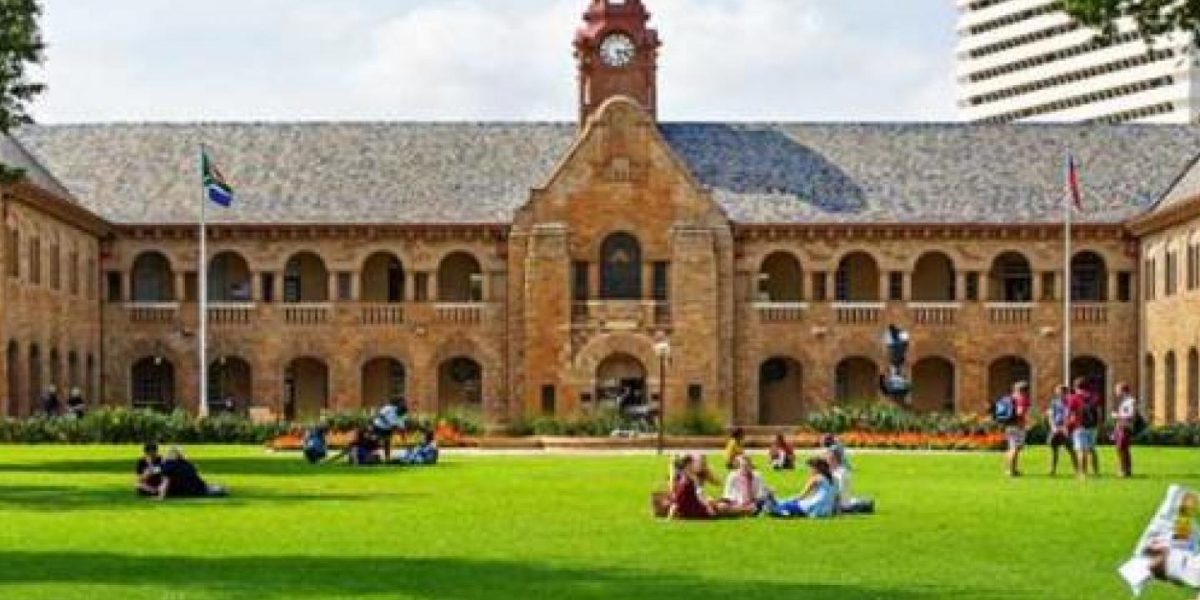by Hlengiwe Mnguni
Key points
- The University of Pretoria has always had a focus on community development and was always open to partnerships to that end.
- UP has gotten closer to its goal by penning a partnership deal with the Dr Sam Motsuenyane Rural Development Foundation.
- The deal will see both partners combine efforts to deal with issues such as poverty, and economic revitalisation.
The University of Pretoria (UP) has signed a memorandum of understanding with the Dr Sam Motsuenyane Rural Development Foundation to collaborate in areas including rural development, poverty and unemployment alleviation and township economic revitalisation.
The Dr Sam Motsuenyane Rural Development Foundation was established by Dr Sam Motsuenyane, a pioneering businessman who has dedicated his life to empowering individuals and communities to participate in rural and township economies.
Dr Motsuenyane was president of the largest African business organisation, the National African Federated Chamber of Commerce in the 1970s and 1980s and played a significant role in the development of black business in South Africa, including the founding of African Bank.
His foundation is designed to address the challenges which hinder the development of township and rural communities in South Africa, especially in the agricultural sector. The focus is particularly on the unproductive use of land. Flagship agricultural projects in grain, vegetables and citrus production are located in Gauteng, Limpopo and North West.
According to Professor Barend Erasmus, Dean of the Faculty of Natural and Agricultural Sciences (NAS) at UP, “Deep, meaningful relationships, a nuanced understanding of rural development challenges and the appropriate mix of technical expertise and community reach are key success elements for rural development partnerships.
“Land degradation, triggered by unsuitable farming practices in the face of climate change, can be halted and degraded lands restored to increased productivity – NAS has the expertise to do so, and has demonstrated this capability to other land owners. We look forward to doing so again with the Foundation, to the benefit of our rural communities, and as a flagship success of how universities and communities can partner for a better future.”
Professor Tawana Kupe, Vice-Chancellor and Principal of UP, welcomed the collaboration “which comes in the wake of South Africa’s burgeoning unemployment rate, and the need to make strides towards a green economy”.
He pointed out that in South Africa small-scale farmers face myriad challenges, including elevated levels of land degradation, a shortage of effective farming skills and ailing agricultural infrastructure.
This is coupled with tough economic conditions. “UP has one of the leading agricultural economics departments in the country, where academics use the application of management and economic principles to solve practical problems in the food and agricultural industry. Our research programmes and outputs are geared towards answering current business and policy issues in the food and agricultural industry, in South Africa and beyond.”
Prof Kupe added that UP’s Faculty of Veterinary Science trains small-scale farmers on farming best practice. “This will all contribute to our collaboration with the Foundation, as the University is committed to improving lives, contributing to resolving unemployment and thereby improving the economy.”
Paul Ntshabele, Chairperson of the Foundation, said, “One of the biggest challenges this country faces is poverty, food insecurity and inequality. We are excited about the partnership where the Foundation will provide a platform as an interface to reach communities. We see this as an opportunity to use the University’s vast research and technology to solve the issues affecting communities and have a positive impact on rural and township economies.”
He added that the partnership will create a platform for applied research to be tested and the creation of new knowledge through research “that is rooted and mirrors the conditions of our communities”.
The partnership will be a springboard for solutions “that are in line with the challenges faced by our communities, to leverage on the human capital and expertise within the University to improve lives of our people”.
Read the original article here.

